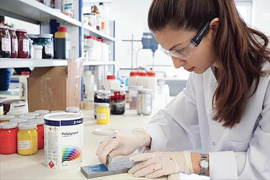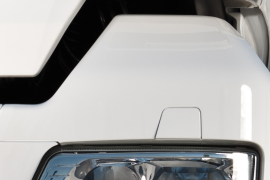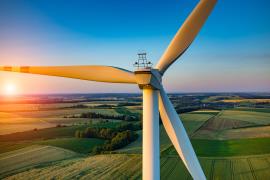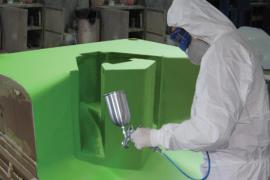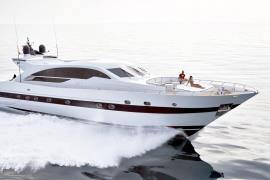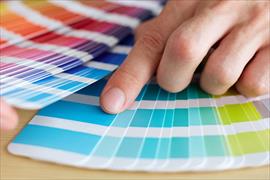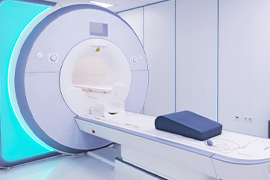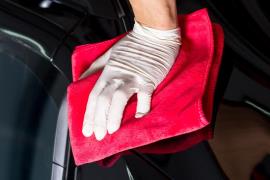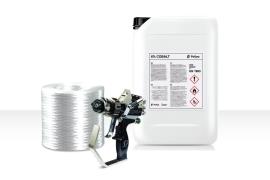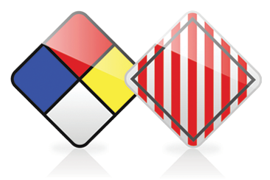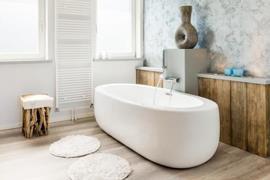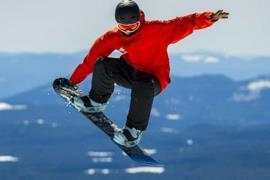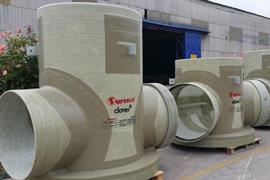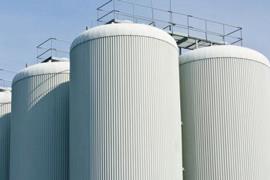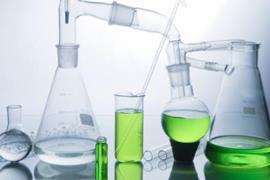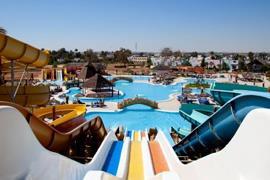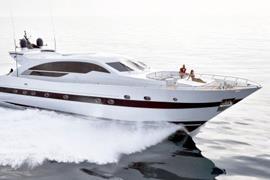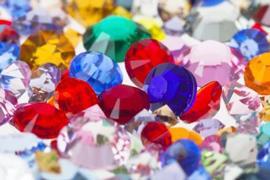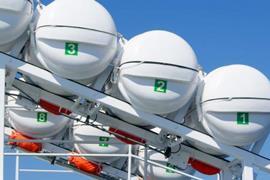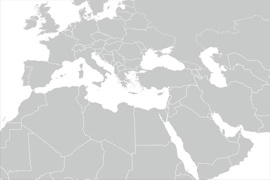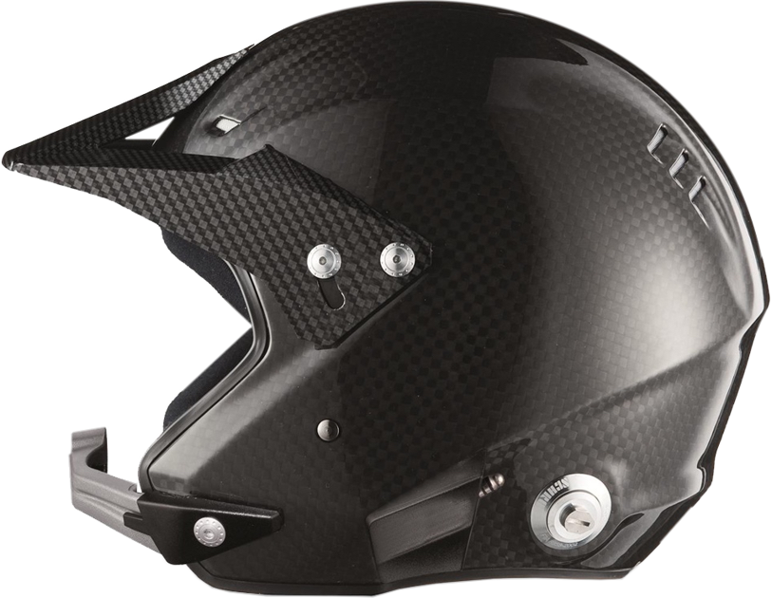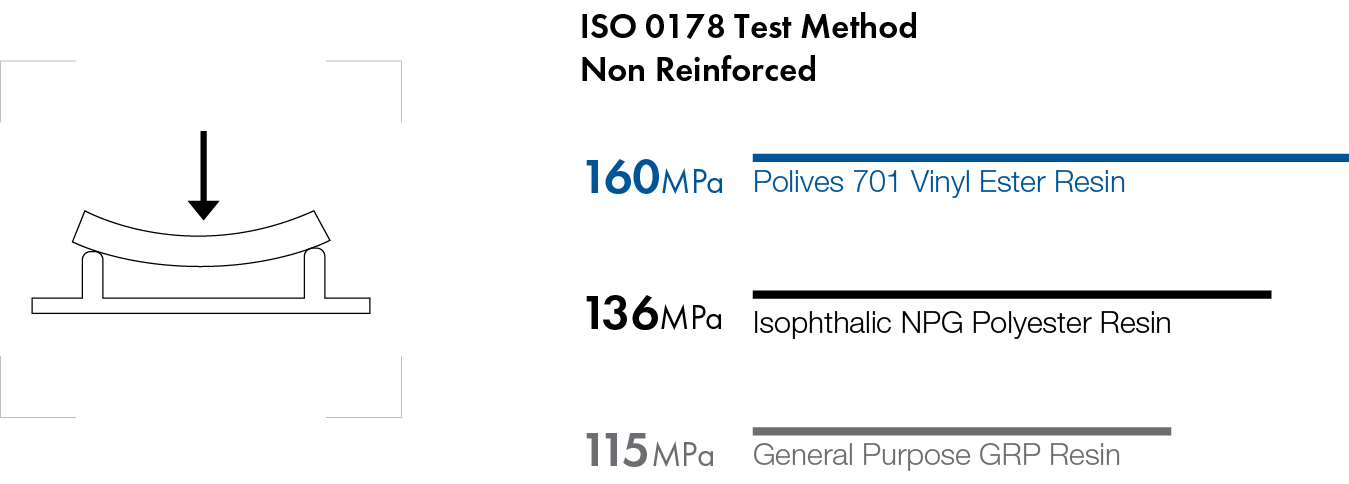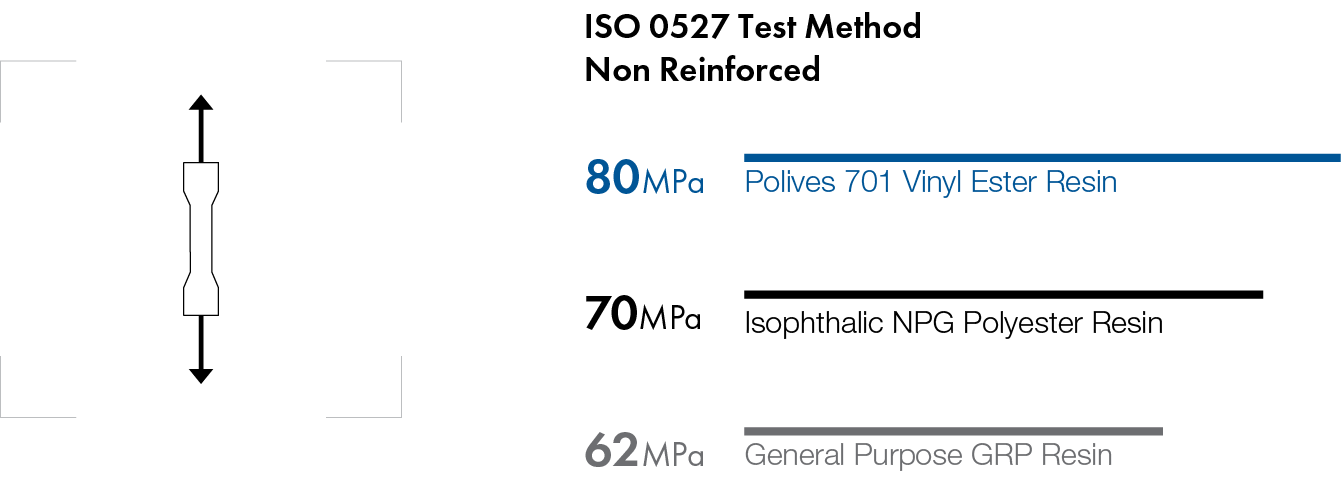VE resins are a combination of both polyester resin and epoxy resins best properties. While they have high mechanical strength values similar to epoxy resins, they are easy to apply similar to unsaturated polyester resins. They are impact and fatigue resistant, have low water absorbtion values, and excellent electrical and thermal properties. Vinyl ester resins are compatible with glassfiber, carbon fiber, and aramid fibers. Vinyl esters are used for chemical resistant tanks, yachts and wind turbine blades productions.
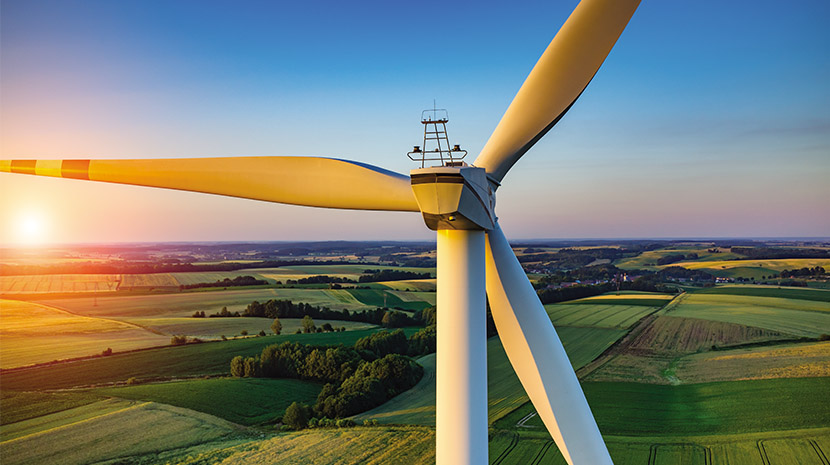
Vinyl ester resins have low polar groups on chemical backbone and are more resistant to hydrolysis compared to polyester resins.

Bisphenol-A Based Epoxy Vinyl Ester Resins
VE resins are a combination of both polyester resin and epoxy resins best properties. While they have high mechanical strength values similar to epoxy resins, they are easy to apply similar to unsaturated polyester resins. They are impact and fatigue resistant, have low water absorbtion values, and excellent electrical and thermal properties. Vinyl ester resins are compatible with glassfiber, carbon fiber, and aramid fibers. Vinyl esters are used for chemical resistant tanks, yachts and wind turbine blades productions.
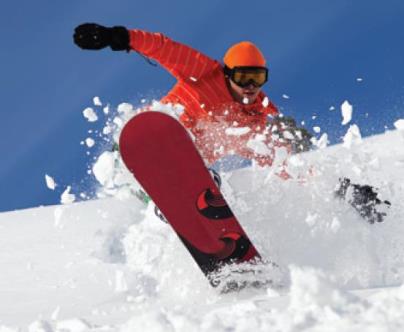
Sports Equipment
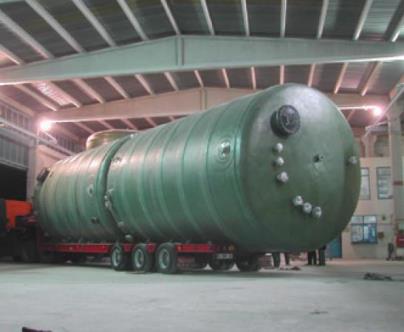
Chemical Containers
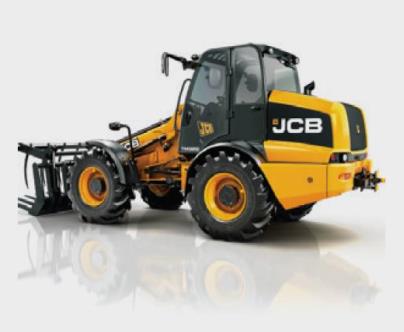
Heavy Duty Vehicles
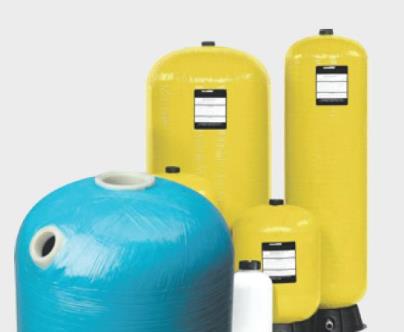
Pressurized Vessels
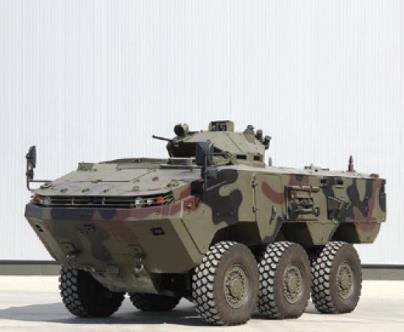
Defense
- Product Description
- Chemical Structure
- Available Modifications
- Viscosity
- Thixotropy
-
Monomer Content
- Acid Value
-
Gel Time
-
Tensile Strength
-
Elongation at Break, Tensile
-
Flexural Strength
-
HDT [0,45 MPa]
-
Barcol Hardness, 934
-
Volumetric Shrink
- Remarks
- Highlights
- Primary Usages
-
Polives 701
Lloyd's - High chemical resistant performance vinyl ester
- VE
-
- 400-500
- N/A
- 40-44
- max.10
- 20-30
- 80
- 5.5
- 160
- 100
- 35
- 7,7
-
OT1 , OT5 - -
Excellent chemical resistance
and mechanical properties
- Lloyd's Register Approved
- Excellent hydrolytic resistance
- Food contact
- GRP structures with exceptional chemical and mechanical strength such as speed crafts, yachts, pipes, automotive parts and chemical linings for pools.
-
Polives 702
Lloyd's - RTM / Infusion type vinyl ester
- VE
-
- 200-250
- N/A
- 43-45
- max.9
- 28-32
- 76
- 5
- 155
- 102
- 36
- 7,7
-
OT1 , OT5 - -
Excellent chemical resistance
and mechanical properties
- Lloyd's Register Approved
- Excellent hydrolytic resistance
- Excellent fiber wet-out
- Suitable for infusion production method for marine, military and wind turbine structures.
-
Polives 711
- High chemical resistant high performance vinyl ester
- VE
-
- 300-400
- N/A
- 33-37
- max.10
- 20-30
- 80
- 6
- 160
- 115
- 35
- 7,9
-
OT1 , OT5 - - High
HDT
- Excellent hydrolytic and chemical resistance
- Excellent fiber wet-out
- Excellent mechanical properties
- GRP structures with exceptional chemical and mechanical strength such as speed crafts, yachts, pipes, automotive parts and chemical linings for pools.
-
Polives 711-I
- RTM / Infusion type high performance vinyl ester
- VE
-
- 180-200
- N/A
- 37-40
- max.10
- 28-32
- 78
- 5,5
- 154
- 116
- 36
- 8
-
OT1 , OT5 - - High
HDT
- Excellent hydrolytic and chemical resistance.
- Low viscosity
- Excellent mechanical properties
- Suitable for infusion production method for marine, military and wind turbine structures.
-
Polives 701-TA
Lloyd's - Hand lay-up/Spray-up thixotropic preaccelerated performance vinyl ester
- VE
-
- 600-800
- Thixotropic
- 42-44
- max. 10
- 20-30
- 80
- 5,5
- 160
- 100
- 35
- 7,7
-
OT1 , OT6 - -
Excellent chemical resistance
and mechanical properties
- Excellent hydrolytic resistance
- No sagging on vertical surfaces
- Lloyd's Register approved
- GRP structures with exceptional chemical and mechanical strength such as speed crafts, yachts, pipes, automotive parts and chemical linings for pools.
-
Polives 711-TA
- Hand lay-up / Spray-up thixotropic preaccelerated high performance vinyl ester
- VE
-
- 600-800
- Thixotropic
- 38-41
- max. 9
- 20-30
- 80
- 6
- 160
- 115
- 35
- 7,9
-
OT1 , OT6 - - High
HDT
- Excellent hydrolytic and chemical resistance
- Excellent mechanical properties
- No sagging on vertical surfaces
- GRP structures with exceptional chemical and mechanical strength such as speed crafts, yachts, pipes, automotive parts and chemical linings for pools.
-
Polives 701-ABP
Lloyd's - Amine accelerated high chemical resistant performance vinyl ester
- VE
-
- 400-500
- N/A
- 38-41
- max. 9
- 10-15
- 81
- 5
- 130
- 86
- 38
- 7,7
-
OT1 , OT21 - - High
adhesion strength
- High filler acceptance
- Suitable for anchoring
- High chemical resistance
- Fast curing
- Anchorage and chemical bolting based on vinyl ester resins.
-
Polives 711-ABP
- Amine accelerated high chemical resistant high performance vinyl ester
- VE
-
- 300-400
- N/A
- 34-39
- max. 9
- 10-12
- 80
- 6
- 150
- 107
- 38
- 7,9
-
OT1 , OT21 - - High
adhesion strength
- High filler acceptance
- Suitable for anchoring
- High chemical resistance
- Fast curing - Anchorage and chemical bolting based on vinyl ester resins.
-
Polives 709
- Pultrusion type vinyl ester
- VE
-
- 430-480
- N/A
- 38-41
- max. 10
- 18-22
- 78
- 6
- 155
- 115
- 35
- 7,6
-
OT1 , OT5 - -
Chemical resistance against
many common chemicals
- Very good mechanical values, and high HDT
- A special pultrusion type resin for all kinds of composite applications which require high mechanical values, hydrolytic and chemical resistance.
-
Polives 710
- Flame retardant epoxy vinyl ester
- VE
-
- 400-500
- N/A
- 34-38
- max.10
- 20-30
- 75
- 3
- 165
- 110
- 35
- 7,7
-
OT1 , OT5 - -
Increased flame retardancy
with antimony
- High hydrolytic and chemical resistance
- Excellent fiber wet-out
- Chemical resistant, flame retardant applications such as boiler units, engine insulation, pipelines and chemical storage tanks and yachts.
-
Polives 708-ABP
- Amine accelerated styrene free vinyl ester
- VE
-
- 300-400
- N/A
- 34-39
- max. 13
- 10-12
- N/A
- N/A
- N/A
- N/A
- N/A
- N/A
-
OT1 , OT21 - -
Styrene free
- Excellent chemical resistance and mechanical strength
- Excellent solvent resistance
- Styrene free VE for repair putty, anchorage or chemical bolting, and marble adhesive.
Due to Polives resins’ lower polar group concentrations, they have higher hydrolytic resistance against water compared to polyester resins. Their structure enables high flexural, tensile and HDT values. The special chemical backbone of vinyl ester resins prevent hydrolysis of ester groups. Unsaturation at the end of the structure provides for a full cure to obtain optimum properties. Polives resins’ special chemical backbone, with hydroxyl functionality at the end of the chain, offers very good wetting of glassfibers, carbon and aramide fibers.



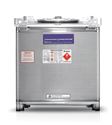
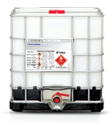
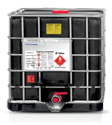


Packing Types
You can choose any package type suitable for your production system or you can get further information from our sales department regarding container options.
Modification Description
- FR Filled flame retardant
- D* Filled (*with filler content)
- T
Thixotropic (no sagging)
- A
Cobalt preaccelerated
- ABP
Amine preaccelerated
- UV
UV Curing
- L UV light stabilized
- I
Lower viscosity
- V
Higher viscosity
- LSE LSE (low styrene emission)
- H*
Gel time customized (at room temperature) * minutes
H40
Optimized for summer season. Gel time (at room temperature) 40 minutes.
H20
Optimized for winter season. Gel time (at room temperature) 20 minutes.
- COLOR White or custom color options
Gelcoat Customizations
Polijel gelcoat table descriptions and modifications.
Spray Application (airless preferred)
Brush or Roller Application
Color Option: White colored
Color Option: Light colored (pastel)
Color Option: PRO colored

